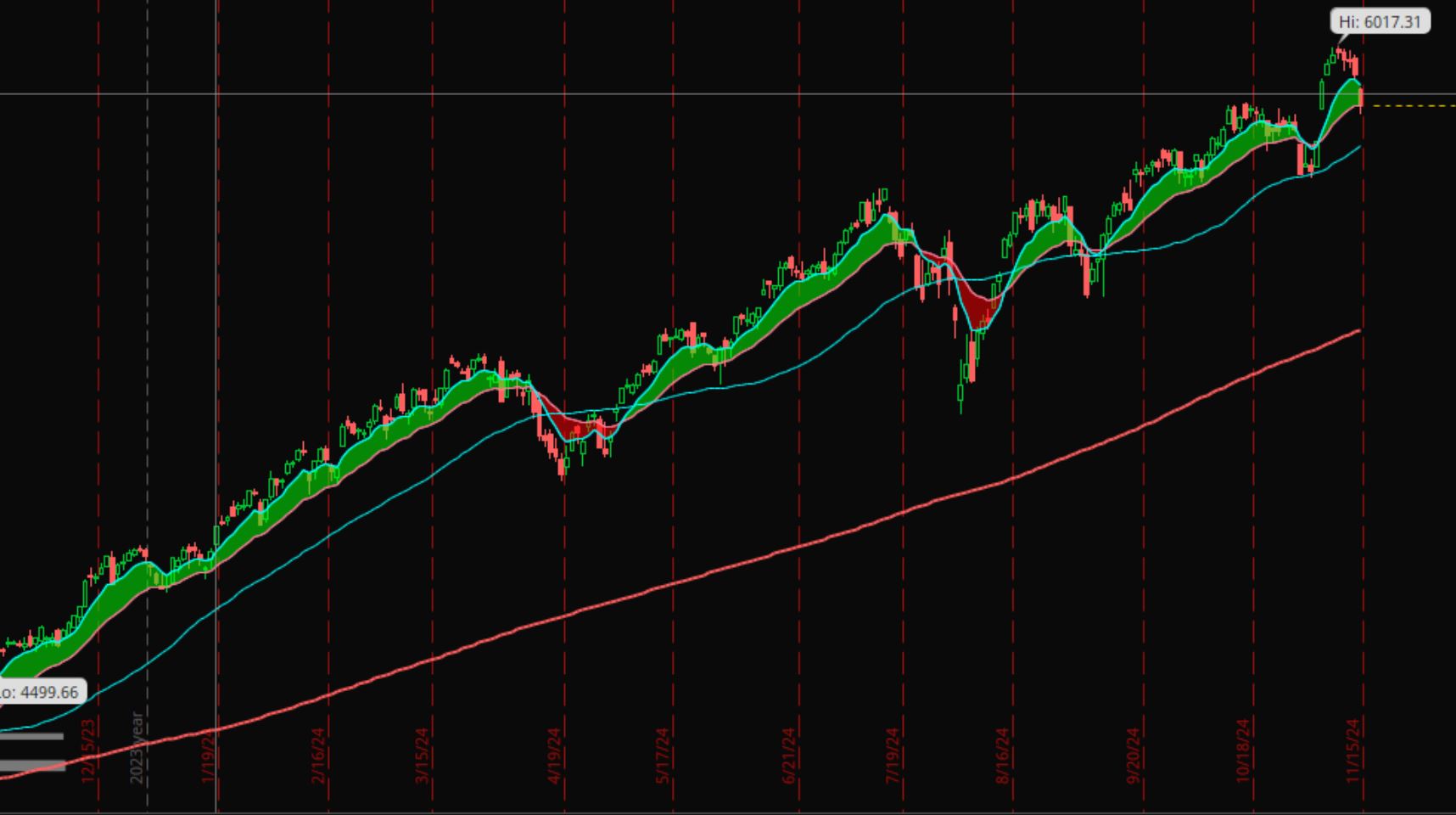Investing can sometimes feel like an intimidating game of speed and timing, where the fastest decision-makers seem to come out on top. But the truth is, wealth in the markets is rarely built overnight. The principle “It does not matter how slowly you go, as long as you do not stop” holds tremendous value for investors. Whether you’re new to the markets or a seasoned pro, the key to success is not how quickly you make gains, but your ability to stay consistent and patient over the long term
The Power of Compounding
In investing, the magic of compounding demonstrates that steady, incremental growth outperforms short-term bursts of success. Consider this: A $10,000 investment growing at 8% annually will more than double to $21,589 in 10 years. Extend that timeline to 20 years, and it grows to $46,610. In 30 years? $100,626. The longer you stay invested, the more your returns snowball.
This exponential growth doesn’t require perfect timing or quick moves. It simply requires consistency. Even small, regular contributions—like monthly investments into an index fund—can lead to remarkable results over time.
Why Patience Wins in the Market
The stock market is unpredictable in the short term. There will be bear markets, corrections, and volatile swings that test your resolve. But history has shown that staying invested through the ups and downs leads to positive outcomes. For example, the S&P 500 has delivered average annual returns of about 10% over the past century, despite periods of extreme turmoil.
If you panic and sell during downturns, you lock in losses and miss the recovery. But if you stay the course, your portfolio has the chance to rebound and grow. Even slow progress—like modest gains in a sideways market—is better than abandoning your plan entirely.
Lessons from Great Investors
The most successful investors didn’t achieve their wealth by chasing the fastest gains—they built it over decades.
- Warren Buffett, the Oracle of Omaha, famously said, “The stock market is designed to transfer money from the impatient to the patient.” Buffett began investing as a child, and the bulk of his wealth came after he turned 50—thanks to the power of long-term compounding.
- Peter Lynch, the legendary manager of the Fidelity Magellan Fund, advised, “The real key to making money in stocks is not to get scared out of them.” His fund’s success wasn’t due to flashy trades but to a disciplined approach of buying and holding great companies.
Both investors teach us that it’s not about speed or timing the market. It’s about staying consistent and not giving up, even when progress feels slow.
Avoiding the Pitfalls of Impatience
Many investors fall into the trap of impatience, leading them to:
- Chase Quick Wins: Jumping into “hot stocks” or speculative investments in hopes of fast profits often results in disappointment.
- Overtrade: Constantly buying and selling in an attempt to time the market can erode gains through fees, taxes, and missed opportunities.
- Panic Sell: Emotional reactions to market dips can lead to selling at a loss, only to miss the subsequent recovery.
Instead of focusing on speed, focus on your long-term plan. Consistent contributions, diversification, and a disciplined strategy will outperform reactive decision-making every time.
Small Steps, Big Impact
For investors, small, steady actions over time can lead to life-changing results. Here’s how to apply the “slow and steady” philosophy:
- Start Small: Even if you can only invest a small amount each month, start now. Time in the market is more important than timing the market.
- Focus on Quality: Invest in companies or funds with strong fundamentals. As Sam Walton once said, “Good businesses grow; you just have to let them do their job.”
- Stick to Your Strategy: Whether you’re using index funds, dividend stocks, or dollar-cost averaging, stick with your plan even when it feels slow.
- Think Long-Term: Measure success in years, not days. Remember, the stock market rewards patience.
Resilience Through Market Downturns
Downturns and recessions are inevitable, but they’re also opportunities for growth. History shows that markets recover and reach new highs over time. Staying invested during these periods allows you to benefit from the recovery.
For example, investors who held through the 2008 financial crisis saw significant gains in the years that followed. Those who panicked and sold missed out on one of the greatest bull markets in history.
The Reward of Persistence
When it comes to investing, progress doesn’t need to be fast—it just needs to be steady. The key is to avoid stopping. Every dollar invested, every lesson learned, and every decision to stay the course contributes to your success.
Remember, the stock market is a marathon, not a sprint. Keep moving forward, no matter how slowly, and the rewards will come.
So, as you invest, remind yourself: It does not matter how slowly you go, as long as you do not stop. Wealth is built not by chasing speed, but by embracing the journey and staying committed to your financial goals.












Leave a Reply